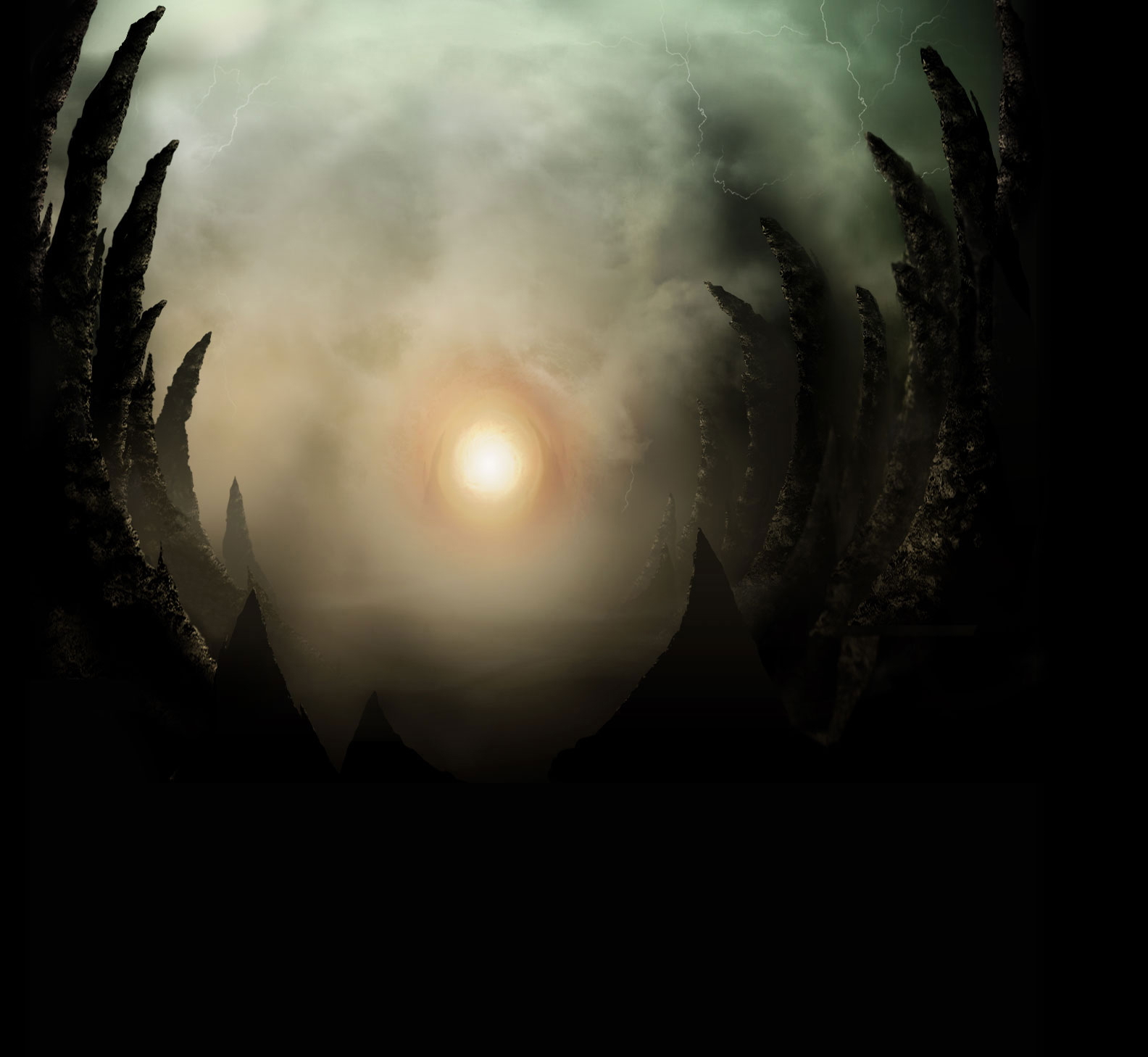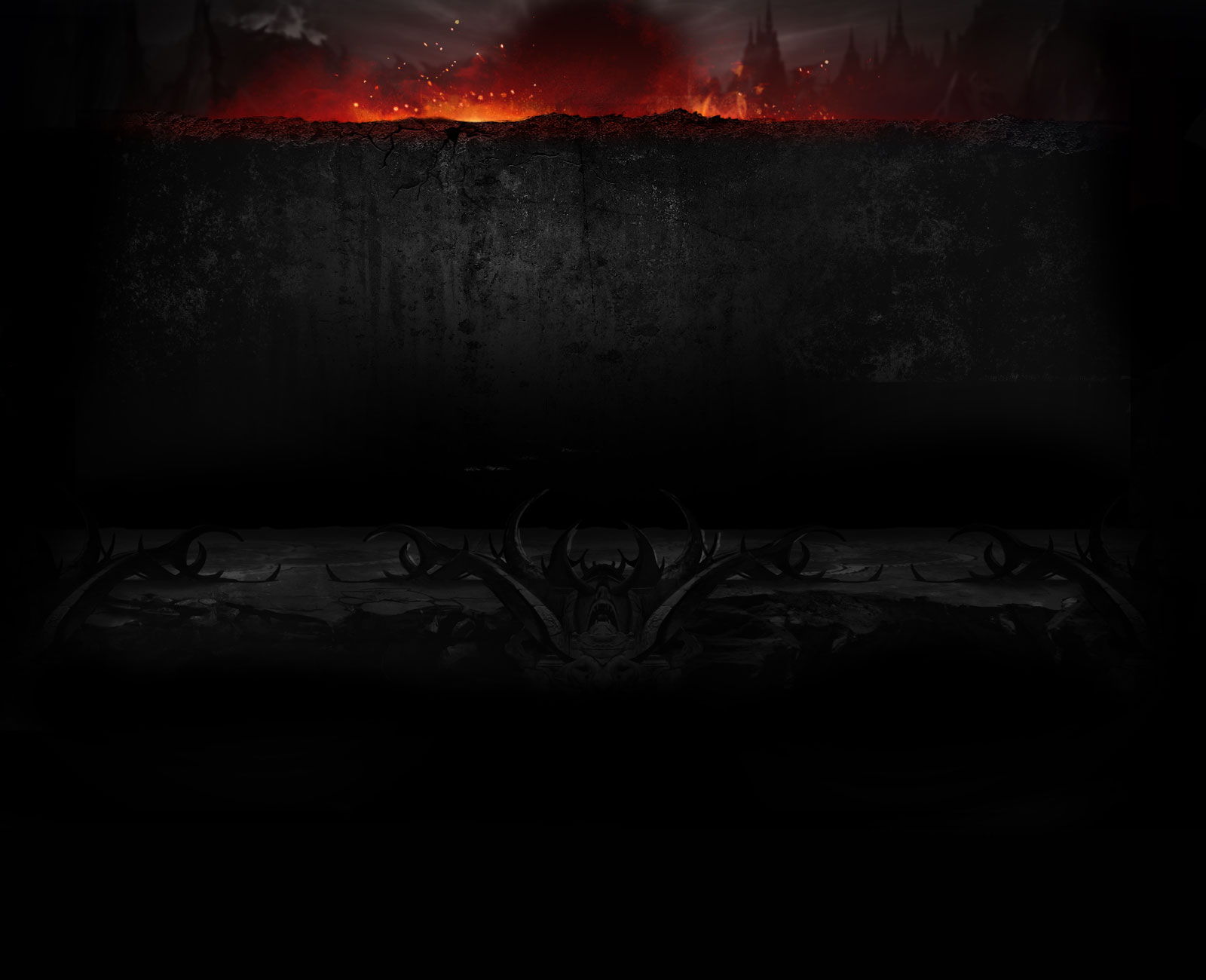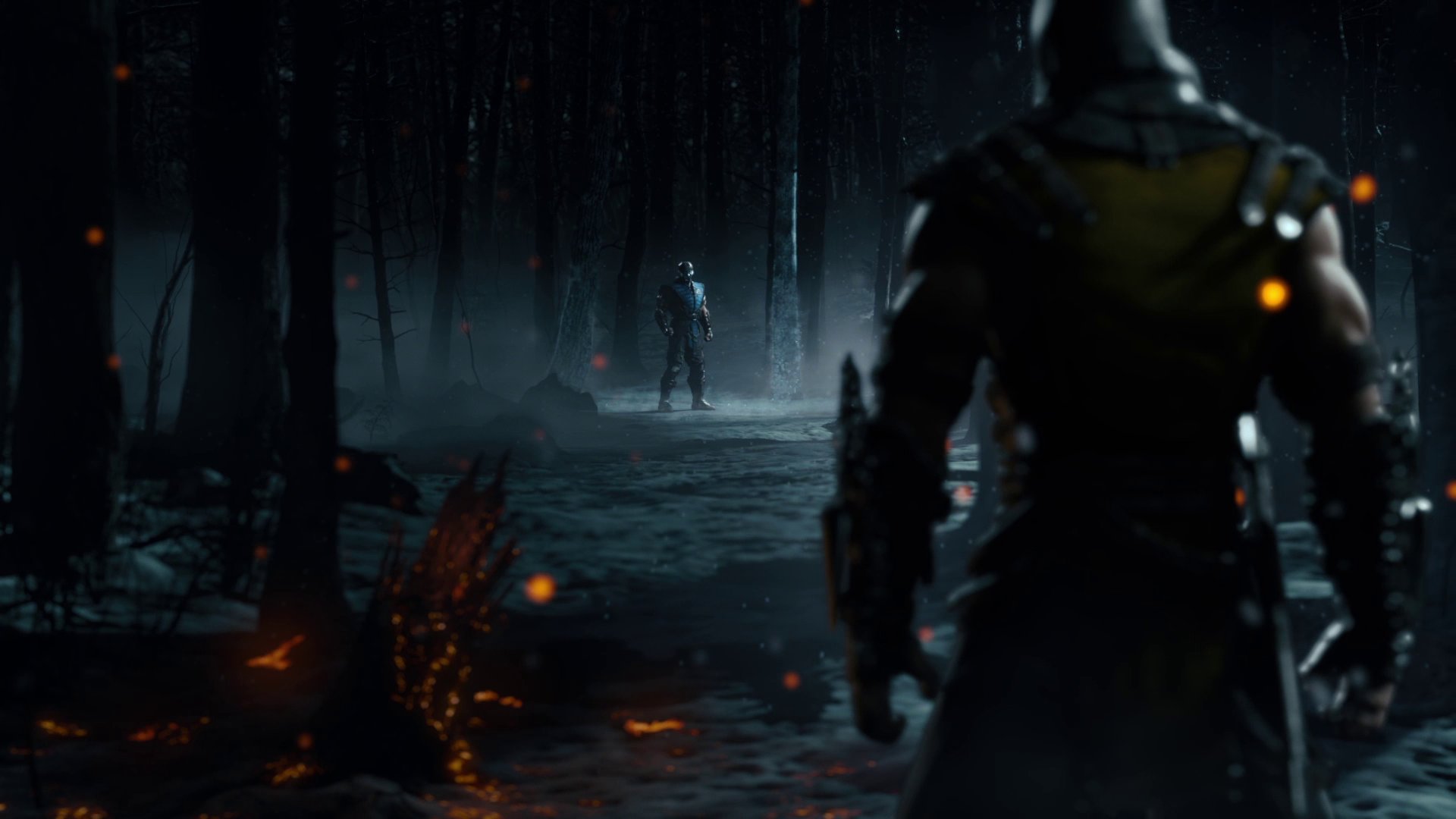It’s something I have felt for awhile now. But it’s something that’s much harder to I guess “prove” so I typically try not to point it out as much. I just personally believe that there’s a lot of games these days that tend to follow the same idea, but I feel like it more directly applies to NRS games.You mention a great point. I believe that fighting games commonly last for two reasons.
Obviously, the first predicate applies to older, nostalgic games (i.e., Melee, 3s, MvC2, ST, UMK:3, etc.) while the second applies to any modern fighting games. Mortal Kombat 11 has neither so the game was never going to last anyway.
- The meta is initially complex and takes a long time to develop.
- New content and balance updates constantly change the meta.
This may be in conspiracy territory, but just think about it though. With NRS’ business model, It doesn’t benefit them as a business (or as company really), to have players continue playing the game after NRS stops supporting it. And I’m mainly talking about after the new game comes out. So they’re incentivized to make a game that won’t have lasting power WITHOUT the continued support from them. This is why I say they’ve cultivated a culture to where once they stop supporting the game, the community quickly loses interest. Also, SINCE the games aren’t really built to last, by the time they do stop supporting it, a lot of players have already gotten tired or burnt out on the game in some way anyway.
To be clear, I’m not making any accusations or saying this in a matter of fact kind of way. Just an opinion I’ve had for awhile on how NRS operates. I could be 100% completely wrong about this. ¯\(ツ)/¯







